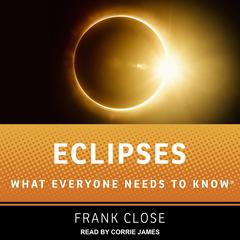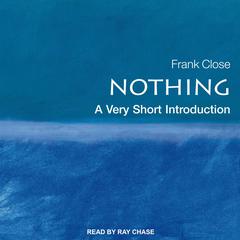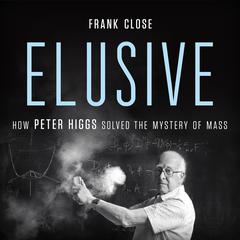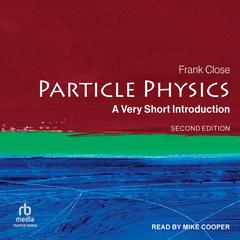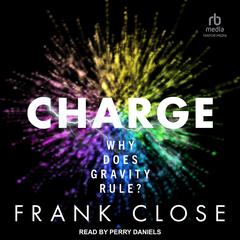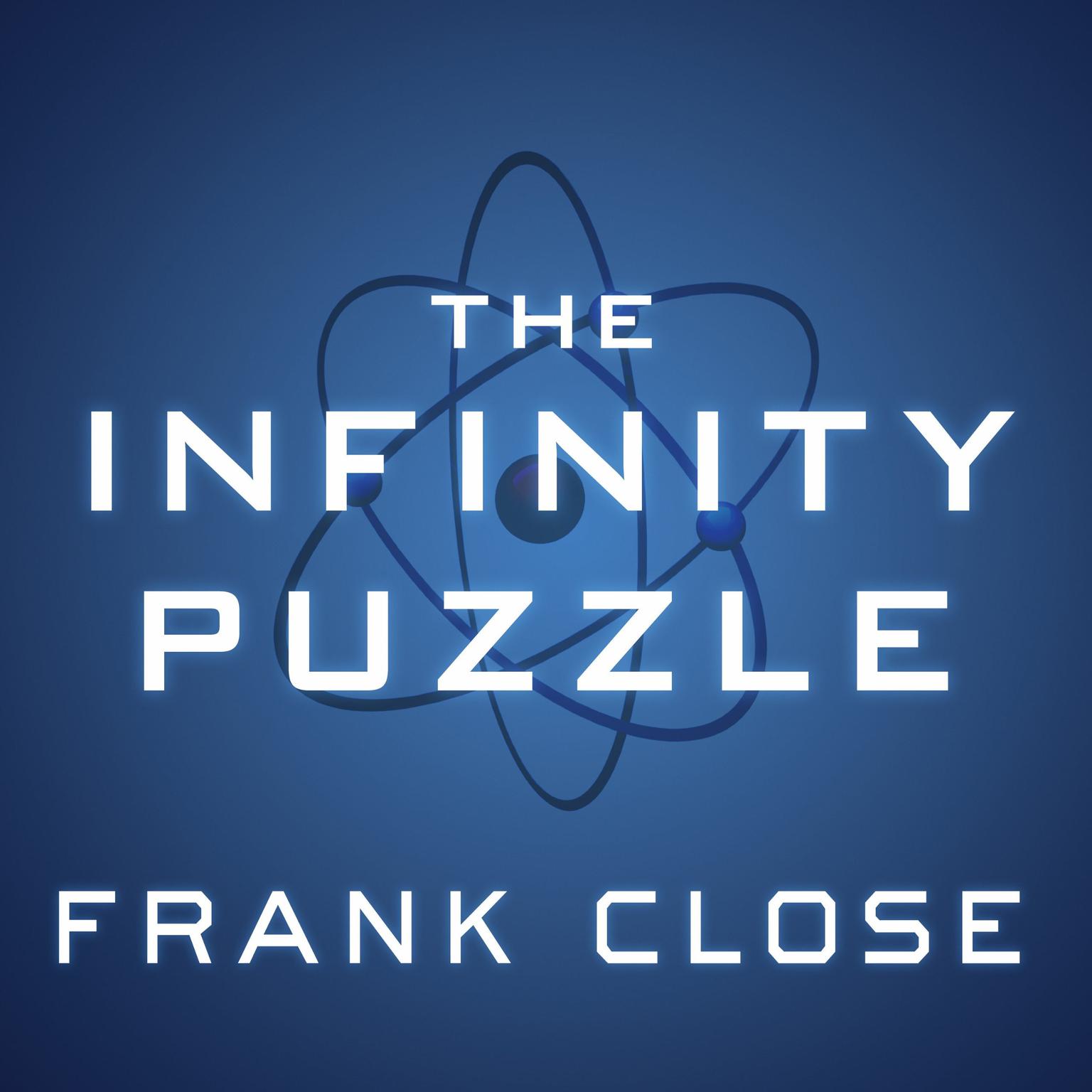 Play Audiobook Sample
Play Audiobook Sample
The Infinity Puzzle: Quantum Field Theory and the Hunt for an Orderly Universe Audiobook
 Play Audiobook Sample
Play Audiobook Sample
Quick Stats About this Audiobook
Total Audiobook Chapters:
Longest Chapter Length:
Shortest Chapter Length:
Average Chapter Length:
Audiobooks by this Author:
Publisher Description
The second half of the twentieth century witnessed a scientific gold rush as physicists raced to chart the inner workings of the atom. The stakes were high: the questions were big, and there were Nobel Prizes and everlasting glory to be won. Many mysteries of the atom came unraveled, but one remained intractable—what Frank Close calls the "Infinity Puzzle."
The problem was simple to describe. Although clearly very powerful, quantum field theory—the great achievement of the 1930s—was making one utterly ridiculous prediction: that certain events had an infinite probability of occurring.
The solution is known as renormalization, which enables theory to match what we see in the real world. It has been a powerful approach, conquering three of the four fundamental forces of nature, and giving rise to the concept of the Higgs boson, the now much-sought particle that may be what gives structure to the universe. The Infinity Puzzle charts the birth and life of the idea, and the scientists, both household names and unsung heroes, who realized it.
Based on numerous firsthand interviews and extensive research, The Infinity Puzzle captures an era of great mystery and greater discovery. Even if the Higgs boson is never found, renormalization—the pursuit of an orderly universe—has led to one of the richest and most productive intellectual periods in human history. With a physicist's expertise and a historian's care, Close describes the personalities and the competition, the dead ends and the sudden insights, in a story that will reverberate through the ages.
Download and start listening now!
"Not done with this yet... but it's an exciting book in that it combines the stories of the people involved in the discoveries and theoretical speculations, along with the timelines and explanations of the science as the book moves along, written for the general reader rather than the specialist."
— David (5 out of 5 stars)
Quotes
-
"[A] compelling history and sociology of modern particle theory.”
— Nature -
An engrossing history that's also accessible for a general audience.
— Publishers Weekly -
"[A] thoroughly researched and well-crafted narrative.”
— New Scientist -
“An engrossing history that’s also accessible for a general audience.”
— Publishers Weekly
The Infinity Puzzle Listener Reviews
-
" So far (on Chapter 5), I'm reading every chapter twice: the first time checking each endnote, the second reading straight through. Enjoying it both times. "
— Lisa, 12/31/2013 -
" This is good ( where else will you find " Recall that structure occurs because fermions are like cuckoos, whereas bosons are like penguins. " ) But I couldn't real all of it as I had to give it back , and the library here is screwed now ~ "
— BAKU, 12/31/2013 -
" Overall, I really enjoyed this book. It was written well, and the author made everything easy to understand for those of us who aren't physicists. The history of the entire process is really fascinating, and I would recommend this to anyone who may be interested in physics. "
— Paul, 8/9/2013 -
" Interesting account of how we discovered Quantum Field Theory. I didn't quite understand all of it and I gotta be honest - particle physics is pretty crazy. I miss the proton + neutron + electron model, but progress marches on... "
— Greg, 4/21/2013 -
" Tedious. Too tied up in what could've been. "
— Tantivy, 1/23/2013 -
" Spends A LOT of time focused on who and when theories were proposed (with emphasis on who should get the credit) and not so much on the content of the theories. While no doubt this is of great interest to many who have connections to the scientists, it didn't do much for me as a total outsider. "
— Mark, 12/16/2012 -
" A bit tough to follow this on audio, especially in the car without the visual diagrams. Aimed at the non-physicist, but a lot of it was difficult to grasp and fairly dry. "
— sid, 5/26/2012
About Frank Close
Frank Close is a professor of physics at Oxford University and a fellow of Exeter College. He was formerly vice president of the British Association for Advancement of Science and head of the Theoretical Physics Division at the Rutherford Appleton Laboratory. He is the author of several books, including Antimatter, Neutrino, The Void, and The New Cosmic Onion. He is also the recipient of the Kelvin Medal of the Institute of Physics for his “outstanding contributions to the public understanding of physics.”
About Jonathan Cowley
Jonathan Cowley, an Earphones Award–winning narrator, is a British actor hailing from Eastbourne, East Sussex, but he currently calls Los Angeles home. He has narrated many audiobooks and can also be heard on both sides of the Atlantic narrating film trailers and documentaries. He is also an active television and film actor who has appeared in Grey’s Anatomy, Veep, and WestWorld.




